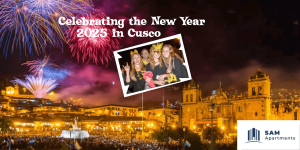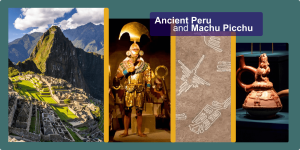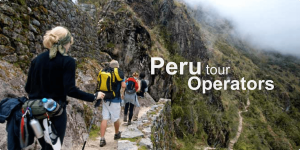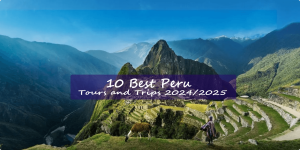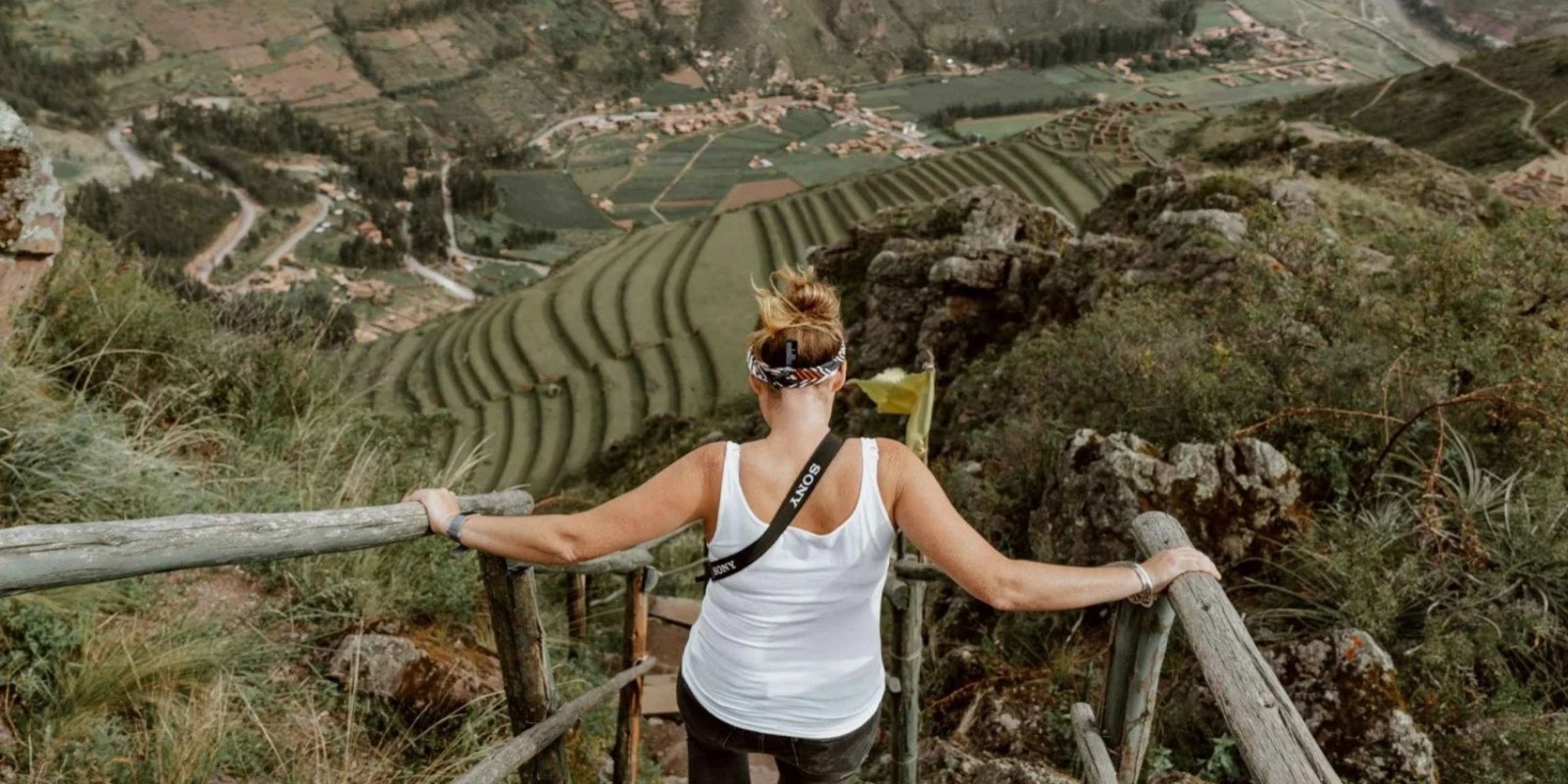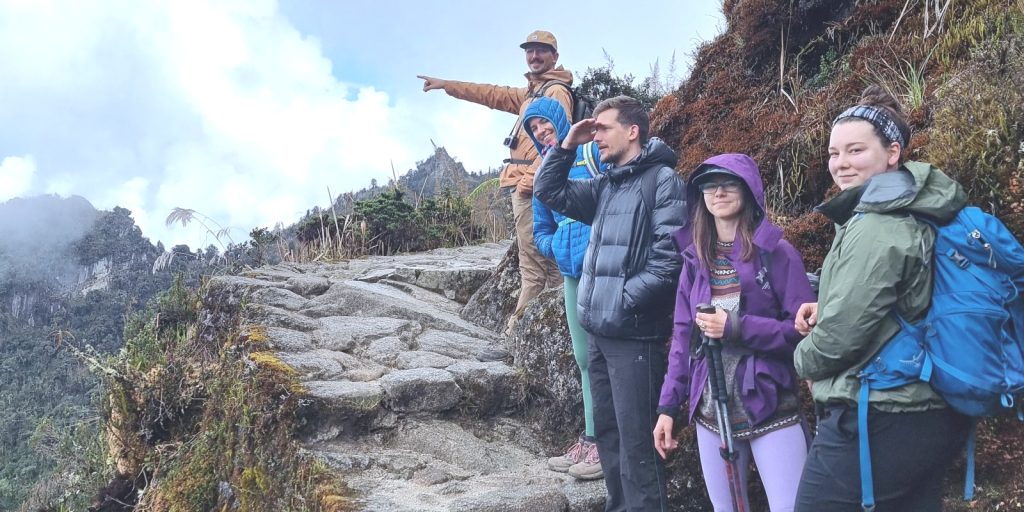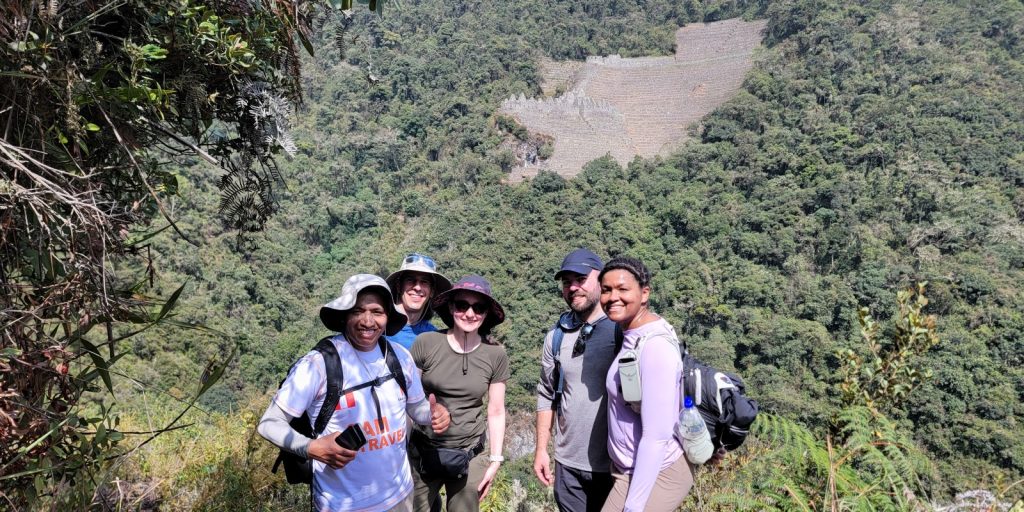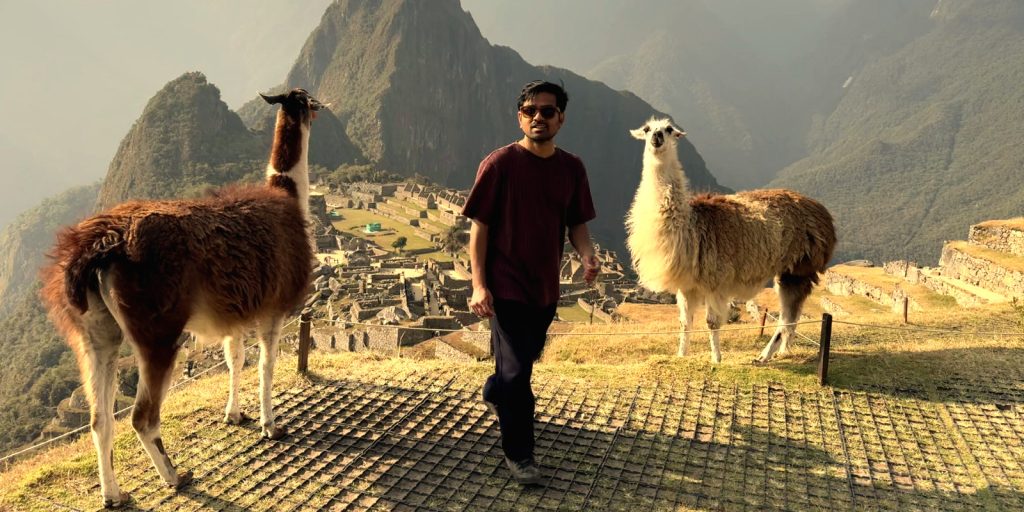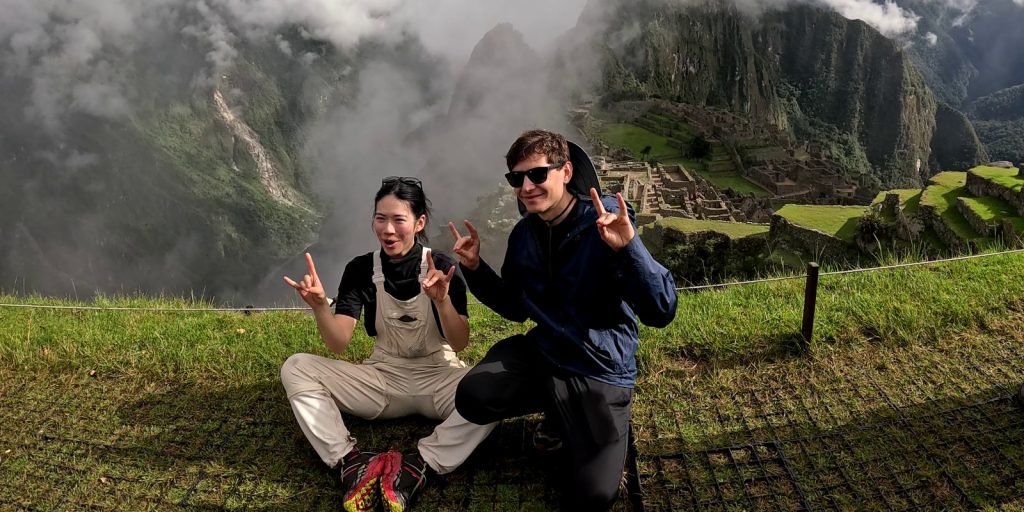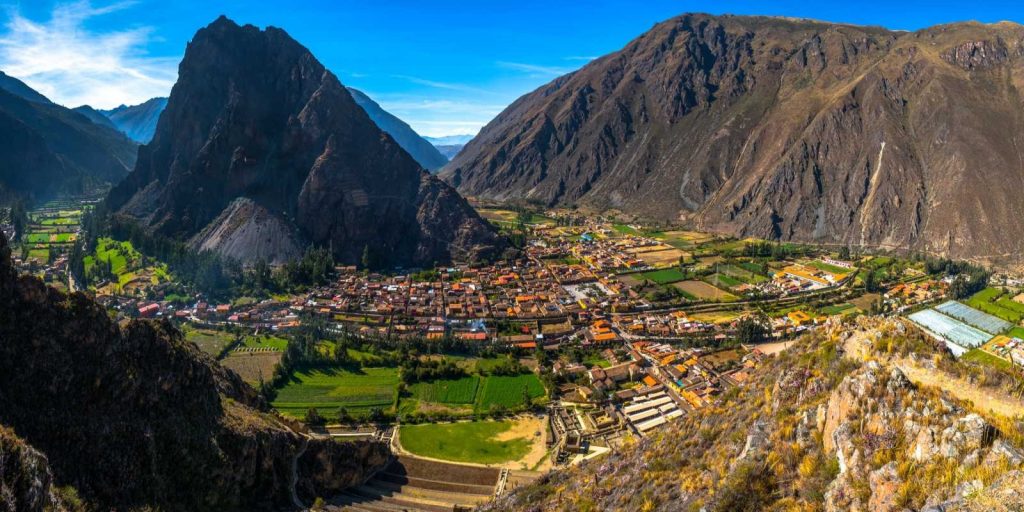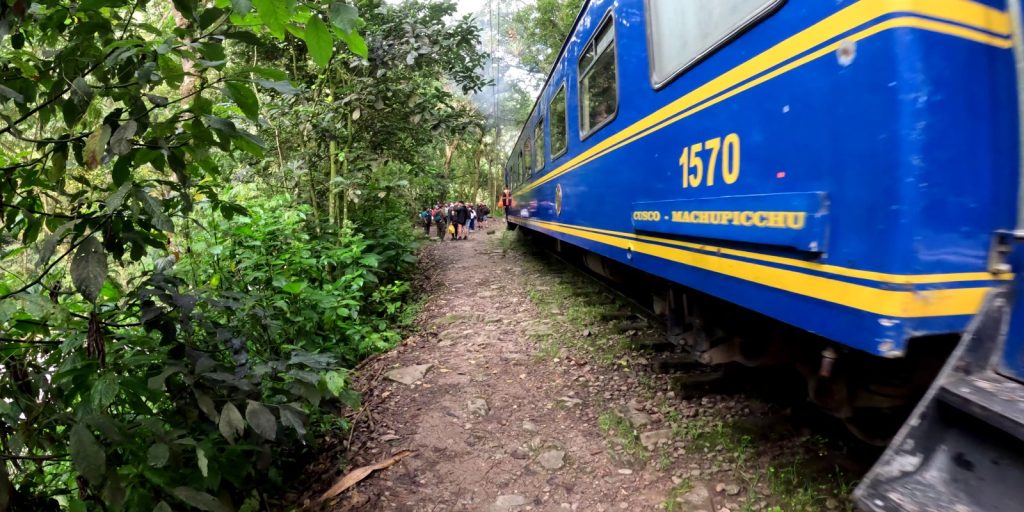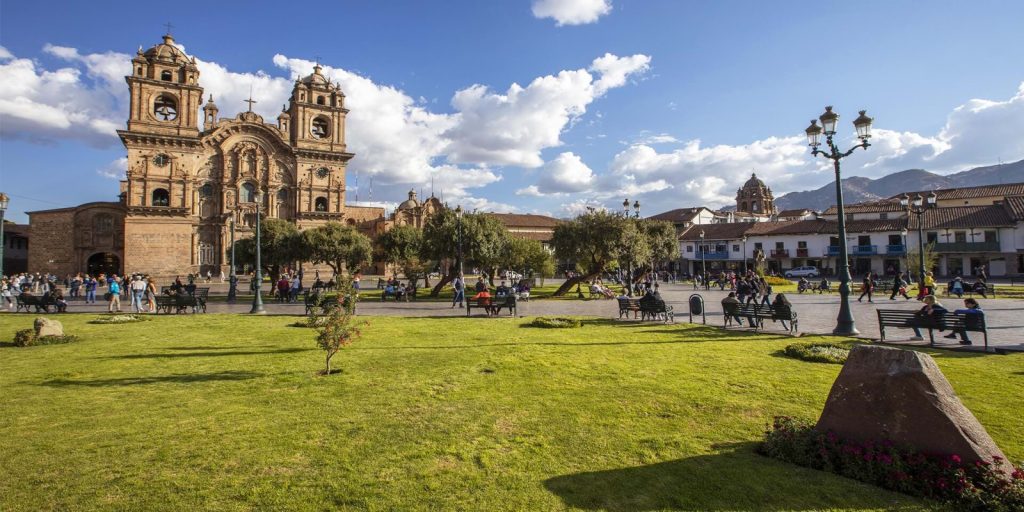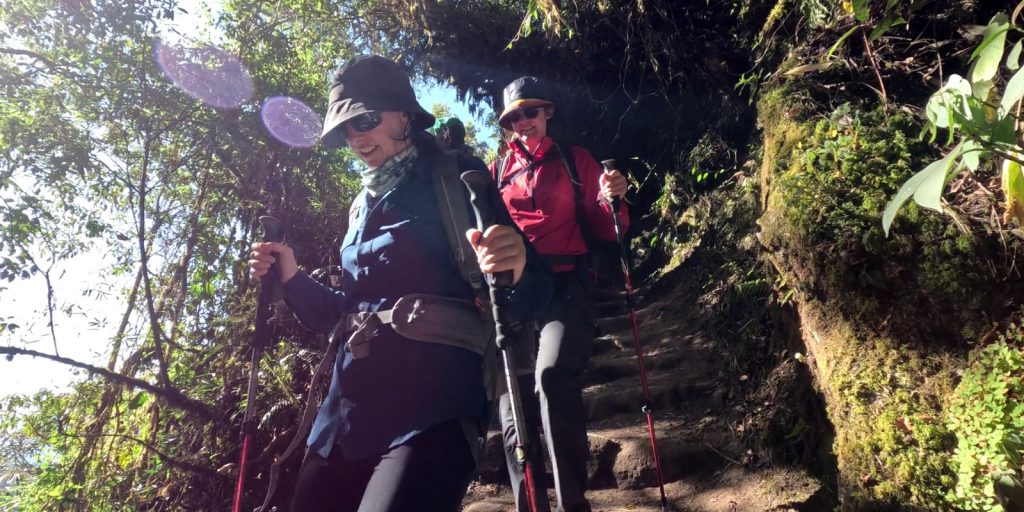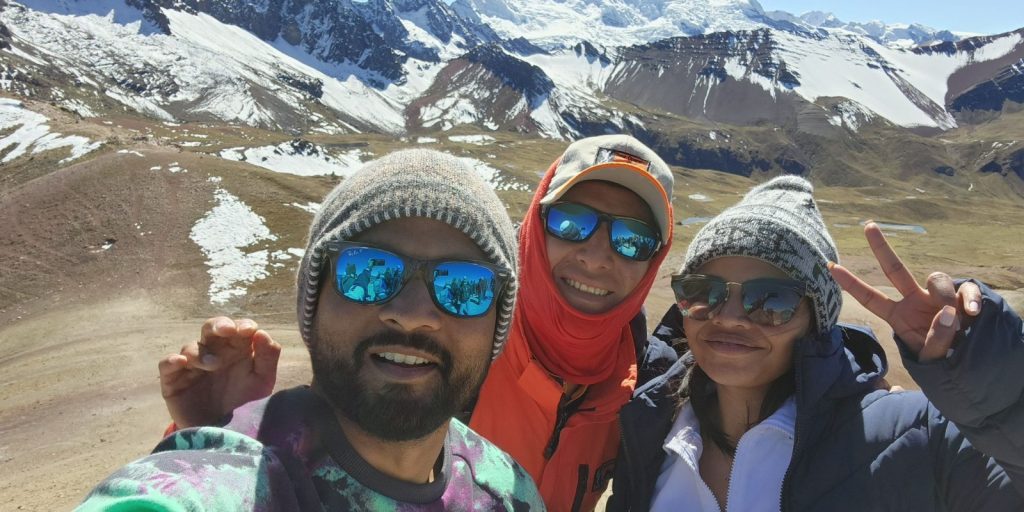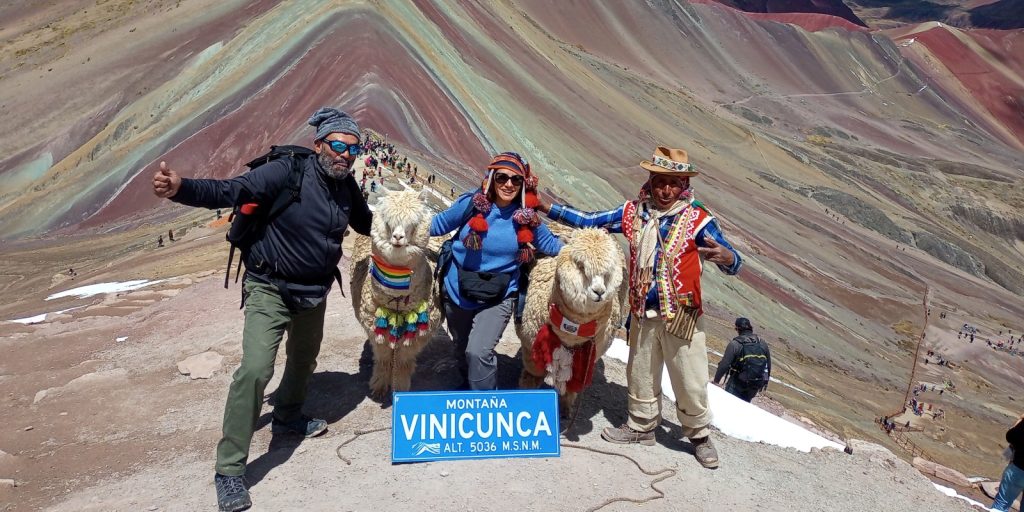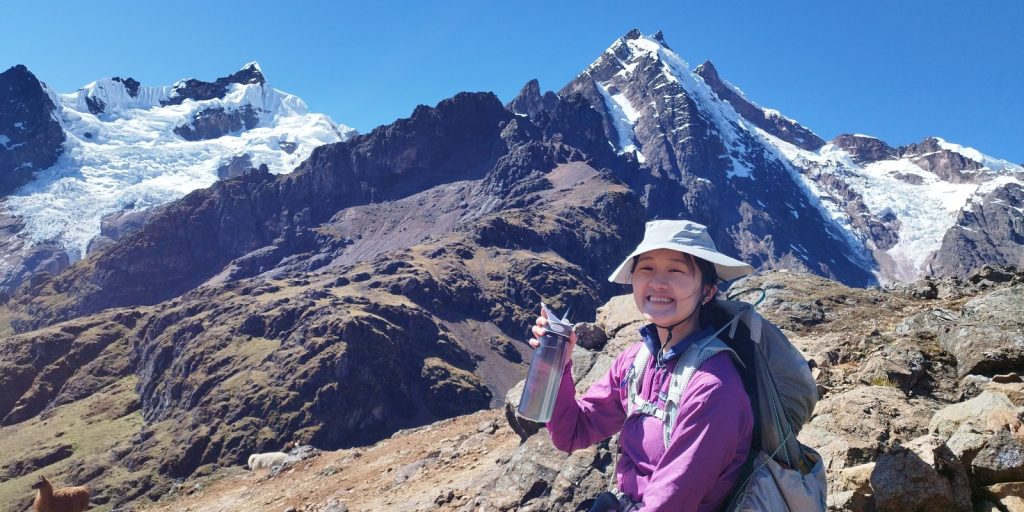For the history lovers among us, Pisac ruins is the perfect tour for you. The stories of Pisac and the greatest Inca King Pachacutec will amaze and astonish you. Marvel at the location and how the Inca managed to build such a temple in such a remote place. Located high atop a mountain in the Andes, Pisac has the perfect views of the Andes Mountain and the village below. Take in the verdant mountains with their snow-covered peaks and feel at one with the spirits of the high Andes.
History
Archeologists have concluded that there may have been 2 settlements around the Pisac area around 1200AD. These civilizations were the Ayarmaka and the Pinaguas, remains of these civilizations were found around the Vilcanota river. These civilizations may have constructed something at Pisac as ceramics were found that were pre-Inca. Later it is said they moved closer to what is now Cusco and Urcos as the threat of war retreated.
When the Inca Empire entered the area, they decided to build Pisac on the ridge of the mountain to capture the amazing views of the valley below. The mighty Inca emperor Pachacutec constructed the site in the 1500s. Not much is known as to the purpose of the site but archeologists agree that its use was multifunctional and maybe residential. What we do know that Pisac was abandoned when the Spanish arrived and the Inca Empire was no more.
Purpose
Like most of the other ancient sites in Peru, archeologists are not convinced as to the purpose of the Pisac ruins. They are sure that Pachacutec built the site and the following are some theories of the archeologists as to why it was built.
Multipurpose residence, where the families of the royalty and nobles could relax between military campaigns.
Religious Ceremonies, the location of Pisac lends itself to the theory. It was used for ceremonies and rituals of both spiritual and religious types.
One theory states that Pachacutec built Pisac in celebration of his victories over the Cuyos people, a little excessive but not out of the realms of possibility.
As we will see there are many terraces at Pisac, it was most likely used to grow food for the Inca Empire. This is certain and you will understand when you see the terracing.
But we may never know as despite its size and obvious importance the Inca complex was not noted in the Spanish chronicles. Which means either the Spanish didn’t know about it or they didn’t think it was important.
What you will see.
Hill Terraces
The first thing you will see when arriving at Pisac is the plethora of Inca terracing on the side of the mountain. These agricultural terraces are a wonder and will amaze you with their scale as well as the wonderful views of the valley and rivers below.
Towers
The towers of Pisac are unique to Pisac ruins, the site has over 20 towers which were used as watchtowers to protect Cusco and the Sacred Valley. The towers face Cusco which was a very important military strategy.
The Cemetery
The cemetery at Pisac is the highest and largest Inca cemetery ever found. At the site were over 10000 mummies. This is one of the highlights of your tour to Pisac so don’t miss this.
Neighborhoods
The ruins are divided into neighborhoods, each for different purpose and with a unique style. Make sure that you explore all the different parts but especially do not miss the Intihuatana. This was the home of temples and royal residences with intricate and unique stonework.
Views
The views from the Pisac ruin are some of the best you will see in the Sacred Valley. If you have a love for photography this is the place for you. The green valleys are spectacular complete with high snowcapped peaks, feel the presence of the ancient cultures as the mountain wraps you in its large arms.
How to get to Pisac ruins.
From Cusco there are several ways to get Pisac town.
From Puputi Bus Station (located on the street of the same name, 5 blocks from the main square) The bus trip lasts 1 hour until the town. The bus ticket costs 8 Soles per person.
Pavitos Bus Station (located 7 blocks from the main square). Once there, you’ll have to take a Bus with the “All Sacred Valley” sign.
Or you can take a shared taxi, the cost is 15 Soles and the trip lasts 30 minutes.
Once arrive into Pisac you will have two options to get to the Inca archeological park of Pisac.
Walking
For those with an adventurous spirit, there is a hike to get up to Pisac ruins. This experience is a steep 90-minute walk and will depend on how fit you are. The trek starts from behind the market and goes uphill. The path follows the mountainside and is well signposted making it nearly impossible to get lost. On the trek you will be able to view the different terraces that descend the side of the mountain. This hike is intermediate to advanced level. But without a doubt, the hike is worth it. You will get magnificent and spectacular panoramic views up and down the Sacred Valley and the Peruvian Andes.
The return is a walk will take about 45 minutes. The time can vary depending on how long you walk through the ruins and the type of tour you choose to do.
Taxi
A taxi is a great way to get the start of the Pisac ruins. The cost of the taxi is not expensive and will cost around $5 to $7 from the center of Pisac town. The trip is around 15 minutes. You must negotiate with the driver to take you to the gate not the checkpoint and the price and arrange for him to wait for you. If not, you will have to walk back down which is a walk of around 45 minutes.
Sacred Valley tour
On a Sacred Valley tour Pisac Ruins will be included. The tour also includes Ollantaytambo archaeological park and maybe Moray Inca ruin and Maras Salt Mines. The tour offers transportation, entrance fees, and the service of a tour guide. It begins around 7 or 8 am and finished in Cusco at 5 or 6 pm. This is the most popular way the visit Pisac and the Sacred Valley.
Altitude
The elevation at Pisac is 9,751 feet (2,972 meters). This makes the Pisac elevation lower than Cusco, where the elevation is 11,152 feet (3,399 meters).
When is the best time to go?
Pisac and the Sacred Valley offer surprisingly stable temperatures throughout the year. But in the rainy season which runs from November through March, there are frequent rain showers, dark clouds, and damp conditions.
For the warmest, driest and most consistent weather, plan on visiting between June and August. Naturally, this is also the tourist high season, which means crowds will be larger, lines will be longer, the popular tourist sites—particularly Machu Picchu—will be filled to capacity. Still, if you want to maximize your possibility of enjoying your time outdoors, these are the best months to plan your trip.
Opportunistic travelers will find that the shoulder seasons of April and May, as well as September and October, offer an acceptable balance of smaller crowds and good weather.
The town of Pisac
Located below the ruins at Pisac, the town is a hustling and bustling tourist hub. The town features a local handicraft market with colorful souvenirs that provide plenty to buy. Pisac is home to a large expat community which make their presence felt with charming little restaurants and supermarkets that cater to their needs. On the plaza there is a church that has services in Quechua on Sundays.
The ruins at Pisac are without a doubt spectacular, see the views, learn about the history, take in the splendor of this ancient Inca temple, none of which you will forget. Visit Pisac ruins on your tour to Peru.
